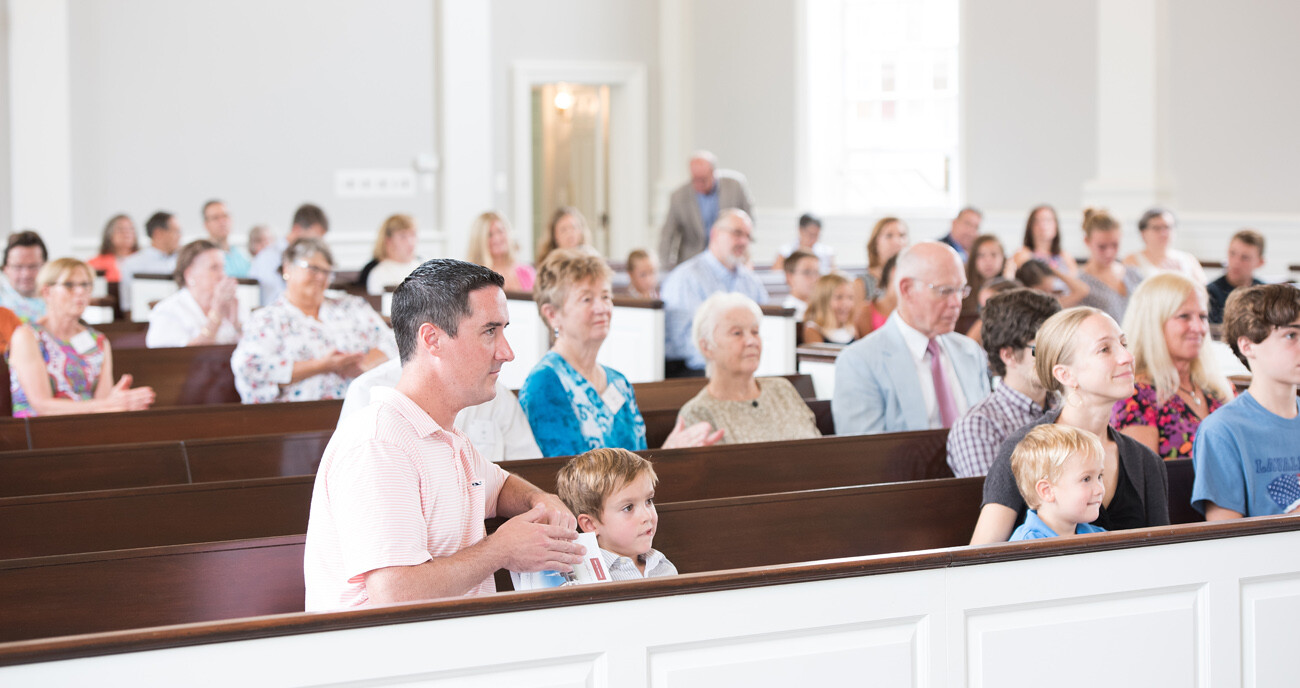
The Presbyterian Church of Madison is part of the Presbyterian Church (USA), a Christian denomination of 1.4 million members in over 9,300 congregations.
Presbyterians affirm that God comes to all people with universal unearned grace and love in the person of Jesus Christ, who lived, died, and rose for us so that we might have eternal and abundant life in him. As Christ’s disciples called to ministry in his name, we seek to continue his mission of teaching the truth, feeding the hungry, healing the broken, and welcoming strangers. God sends the Holy Spirit to dwell within us, giving us the energy, intelligence, imagination, and love to be Christ’s faithful disciples in the world, seeking thoughtful solutions to the challenges of our time.
Everybody is welcome here. Every. Body. We are comfortable in the tension of being different together. We recognize that we are all in different places on our spiritual journeys, and we celebrate our differences and mutual acceptance as children of God in this wonderful life conversation we call “Presbyterian.”
Here are some thoughts that might start that conversation:
God:
God exists in three persons — Creator, Redeemer, and Sustainer – whom we worship as the living and true God. God is sovereign and creates, sustains, rules and redeems the world in the freedom of God’s sovereign righteousness.
2 Corinthians 13:14 & Revelation 4:11
Jesus Christ:
We believe in the redeeming power of Jesus Christ — fully human and fully God. He is the promised Messiah who lived for us, prayed for us, and died on the cross to bridge the chasm of sin between this world and God. Only Christ is the head of the church.
Colossians 1:15-20
Holy Spirit:
We believe that the sustaining Holy Spirit is the omnipresent power of God in the world and in the followers of Jesus Christ. The Spirit transforms us to be like Christ from the inside out, and empowers us to be the people we were created to be.
Acts 1:8 & Romans 5:5
Sin and Humans:
We’re all sinners created in the image of God, yet as mere humans we will always remain separate from God. We connect to God through the power of the Holy Spirit and through the redeeming life and death of Jesus Christ.
Ephesians 2:1-3
Bible:
In the Reformed tradition the Bible is the inspired, unique, and authoritative word of God. It is a very human best effort at witnessing to God’s self-revelation. The Bible is the means by which Christian believers come to understand how God has been present with humanity since the beginning of time and is present in our world today. By studying the Scriptures we can begin to know of God’s faithfulness, constant love and eternal goodness.
God’s Love:
We call God’s love the gift of salvation through grace alone. We believe that salvation comes to us through faith in Jesus Christ and the Holy Spirit, and it comes not through our own works, but exclusively from God’s initiative. We respond to God’s grace by living as Christ would have us live, sharing the good news of God’s love with the world.
1 John 4:19 & Ephesians 1:4-7
The Church:
We believe the church is an inclusive community of love, where sin is forgiven, reconciliation is accomplished, and dividing walls of hostility are torn down. It is where we become one in Christ and function in the world as the Body of Christ. We are all called to use our spiritual gifts, hearts, abilities, personalities, and experiences to participate in the work of ministry communicating the gospel in word and deed. We believe that God has given us abilities, possessions, resources, and money with the responsibility to extend the influence of God into the world by feeding the hungry, clothing the naked, empowering the powerless, visiting the imprisoned, healing the sick, and welcoming all people with no exceptions.
1 Peter 2:9-10 & 1 Corinthians 12:27 & 2 Corinthians 5:18 & Romans 12:1
Sacraments:
We observe two sacraments (visible signs of God’s invisible grace) — baptism and the Lord’s Supper. All are unconditionally welcome at the table of our Lord.
Matthew 28:19 & 1 Corinthians 11:26
